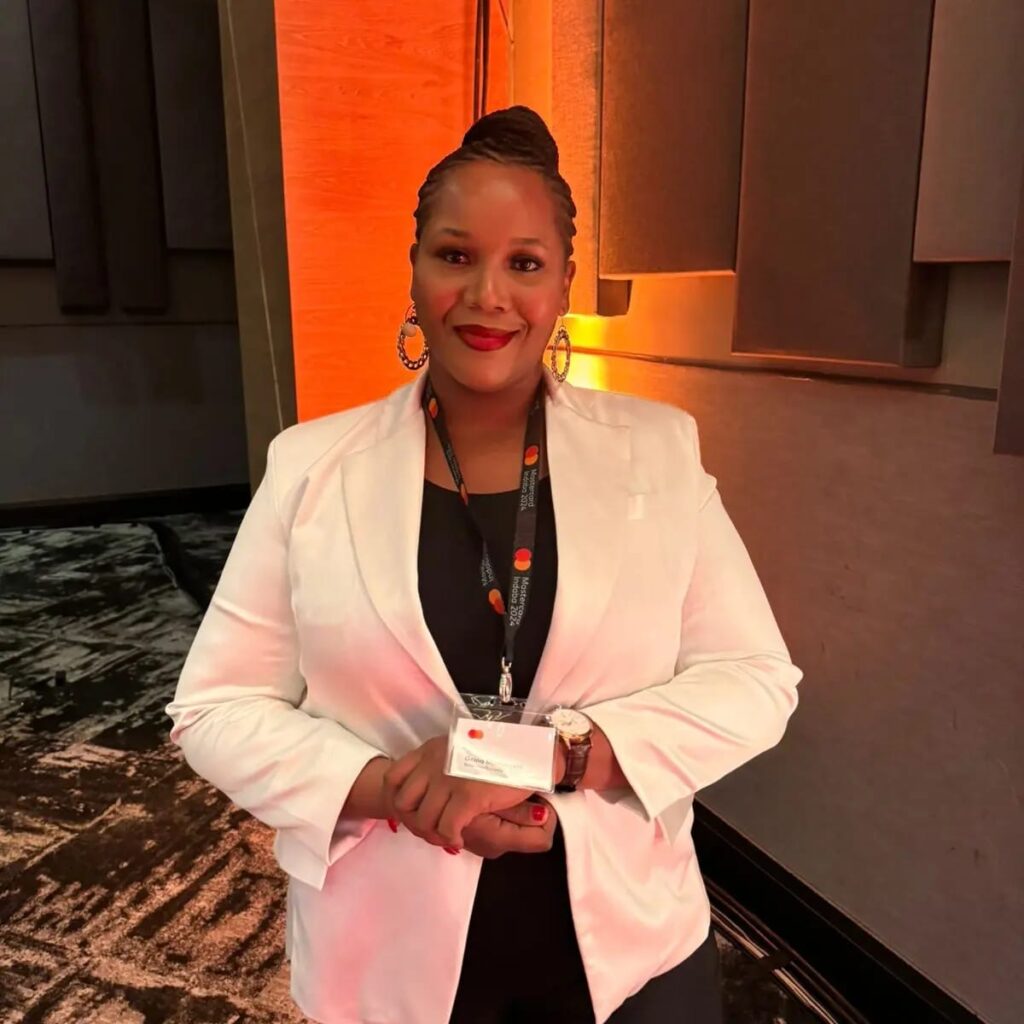The payment industry is changing fast. The introduction of technology-enabled payment systems has changed how and when people pay. From Point-of-Sale (POS) systems to online payment processing platforms, everyone transacts through the Internet.
Recently, financial payment service provider Mastercard had its 2024 Mastercard Digital Indaba. The event focused on the key issues and solutions within the fintech industry. The event also brought together thought leaders who discuss opportunities in Africa’s growing fintech industry.
During the event, a panel discussion occurred under the theme ‘Inclusive Growth: Empowering SMEs and the Informal Sector’.
Digitising Payments for Township Entrepreneurs Panel Discussion
On the panel was Gcina Madonsela, Business Development Executive at SME South Africa, Andiswa Bata, CEO of FNB Business, Bulelan Balabala founder of Township Entrepreneurs Alliance, and GG Alcock founder of Kasinomics. The discussion was led by Mohammed Nana, EEMEA Vice President of Fintech, Enabler and PSP partnerships.
From early in the panel discussion, it was clear that participants were focused on empowering small to medium-sized enterprises (SMEs) in townships. Everyone recognised that the township economy consists of enterprises and markets based in townships.
Gcina Madonsela outlined that township business owners are reluctant to digitise payments for a number of reasons. One is that most deal directly with cash to avoid paying extra fees on their profits.
“They pay employees and, suppliers using cash. By digitising, they fear that they will lose money to banks due to bank fees or as tax,” Madonsela said.
According to Mckinsey, Africa’s e-payments industry generated roughly $24 billion in revenue during 2020. $15 billion of the revenue generated was domestic electronic payments consisting of 47 billion individual transactions. The downside, however, is that although this number seems high, it is only an average of 5-7% of transactions that were made. The remaining number of transactions were made through non-electronic channels.
Madonsela highlighted that this small number might be caused by the lack of trust between township-based businesses and financial institutions.
Madonsela said, “Because of the heavy reliance on taking care of themselves, these businesses do not trust banks. Some deposit R 500 and when they go back they see the balance is now R 490, so they believe banks are taking their money for no reason.”
Education about Digitising Payments for Township Entrepreneurs
In order to close this gap and change their mindset, there needs to be a focus on educating and bringing township businesses into the new payments world.
Online payments have many benefits to them. One such benefit is convenience because you don’t have to go to the bank. Others include better customer experience and safety.
Furthermore, cash comes with a lot of risks. When you carry cash you risk it being stolen, lost or used unnecessarily. Digital payments help not only protect the business owner but also the customer who doesn’t have to worry about walking around with cash.
Madonsela emphasises this point by highlighting that safety is the main driver for township-based businesses to move to digital payments.
“There is a big appetite in the townships to digitise because of the safety it brings businesses and customers. However, they are still hindered by the fact that they need cash for almost everything. Taxis take cash, buses use cash and some vendors/stores only take cash. So this is quite a significant barrier,” explains Madonsela.

The whole world is digitising and so are various industries. The time for township-based businesses to make that switch is now. Madonesela concluded by saying that Mastercard needs to provide resources for these businesses so they can see how important digitisation is.
Madonsela highlights educational resources like white papers which help inform the public on new innovations. She says that last year Mastercard released a white paper on Unlocking the potential of digital asset innovation and there needs to be more of those.
“It is important that they (township businesses) keep up with digitisation especially in South Africa. That’s where something like a white paper comes in, to help small businesses better understand the economy as opposed to just speaking at them,” concluded Madonsela.
To find out more about funding options that small businesses have, visit our website.




















Discussion about this post